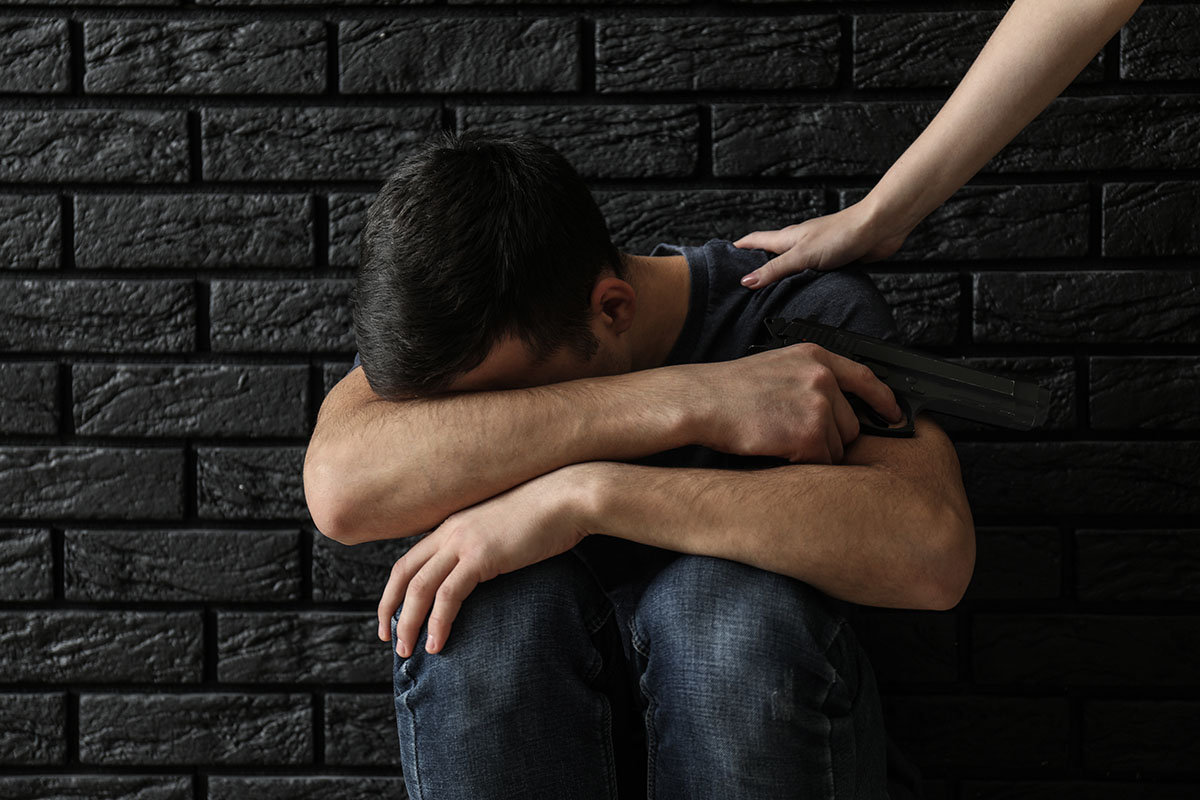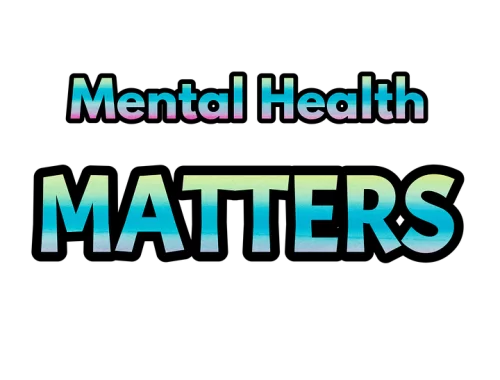The Concept of Mental Health
Most of us are more concerned with our physical health, and we even forget about the importance of mental health. However, fatigue can affect more than just the body. Fatigue can also affect the brain and the mind. When the brain is tired, a person will likely develop mental health problems without even realizing it.
Definitions of Mental Health
It should be noted that there is no universal definition of mental health. That’s why we’ve put together some definitions from major institutions and mental health specialists.
According to the World Health Organization, it is “a state of well-being in which the individual can achieve self-actualization, cope with the normal stresses of life, do productive work, and contribute to his or her community.”
The WHO has provided a definition of health that emphasizes the full integration of mental health into the person’s health, namely, “Health is a state of complete physical, mental and social well-being and not merely the absence of disease or infirmity.”
According to the definition given by the mental health movement Quebec, “It is a dynamic balance between the different spheres of life: social, physical, spiritual, economic, emotional and mental.”
Finally, neuropsychiatrist Jean Sutter defined mental health as “the ability of the psyche to function harmoniously, pleasantly, efficiently and to cope flexibly with difficult situations by being able to regain its balance.”
In short, being healthy means having both good physical and mental conditions.
Different Kinds of Mental Disorders
A mental disorder can also be called a mental illness, a psychological disorder, or a psychiatric disorder.
In general, an individual may develop a mental disorder either due to an accumulation of stress and fatigue or as a result of a particularly shocking or life-altering (in a bad way, of course) event. Examples include depression, existential blocks, and body blocks that can arise following the loss of a loved one, a failure, and different kinds of aggression, including physical and sexual aggression and verbal aggression. There’s also stress, anxiety, addictions, phobias, mood disorders, etc.
Adopting a healthy lifestyle helps with psychological disorders. In other words, get enough sleep, eat fresh and healthy foods. Regularly engage in physical activities that you enjoy to have fun and let off steam at the same time.
Also, do breathing exercises and/or meditation exercises like yoga to relax, change your state of mind, and be zen.
It is also advisable to prepare in time or in advance to avoid stress and the fear of arriving late.
Visit a psychologist or a psychiatrist to detect and anticipate a psychiatric disorder from time to time.
You can also get help from a somatherapist, a psychoanalyst, or a peer specialist, a person who has experienced and overcome the same psychological difficulties as you.
For your information, somatherapy is part of psychotherapy. It is a method of treating psychological disorders that combines the physical, mental and emotional levels. In other words, it is a method that considers the individual as a whole.
You May Also Like

When to Tell Kids About Bad News Events – Part 1
2021-09-15
My Personal Improvement Diary – How To Stop Seeking Validation? (Part 1)
2021-08-11

